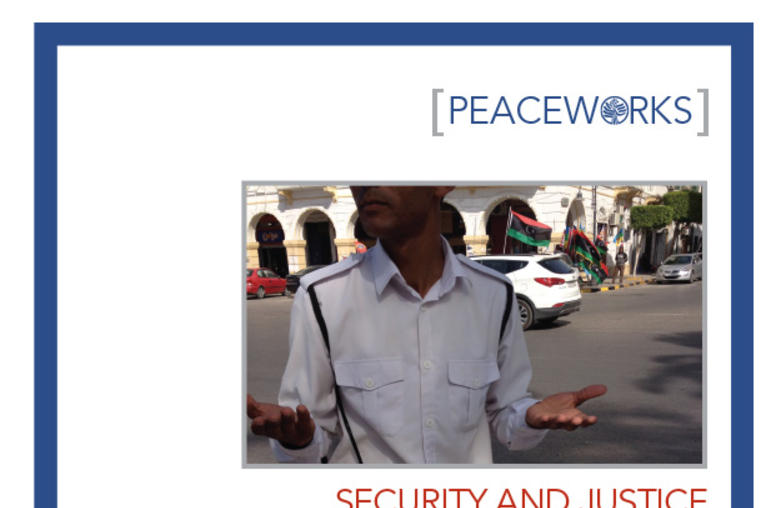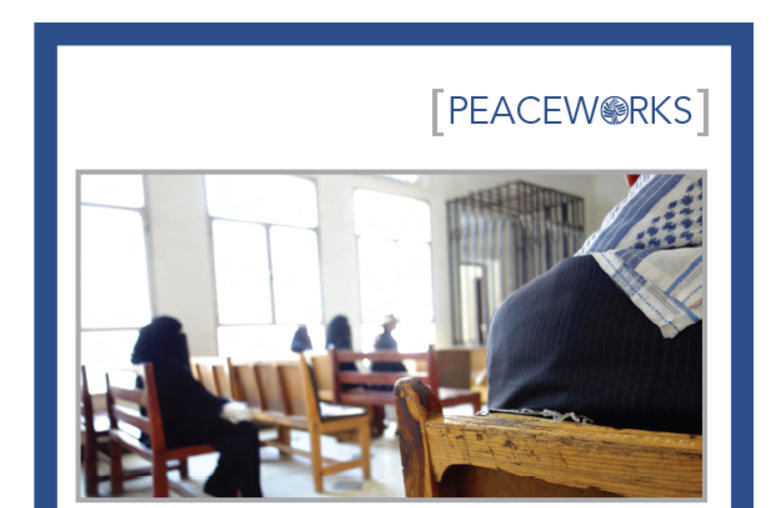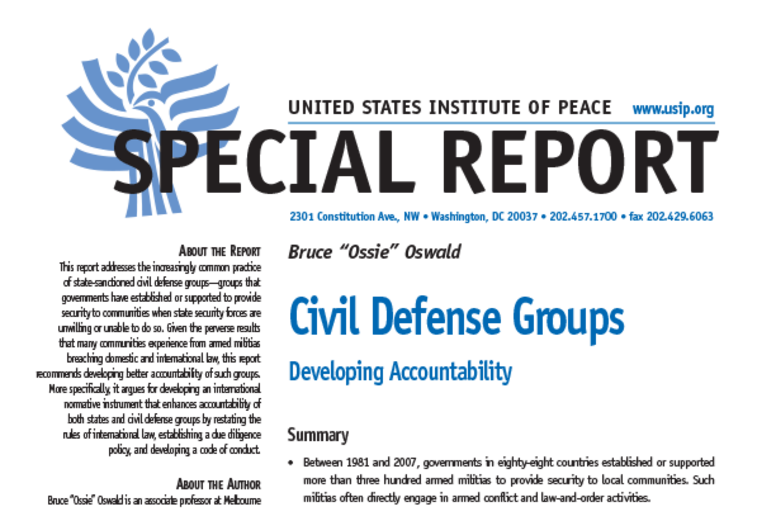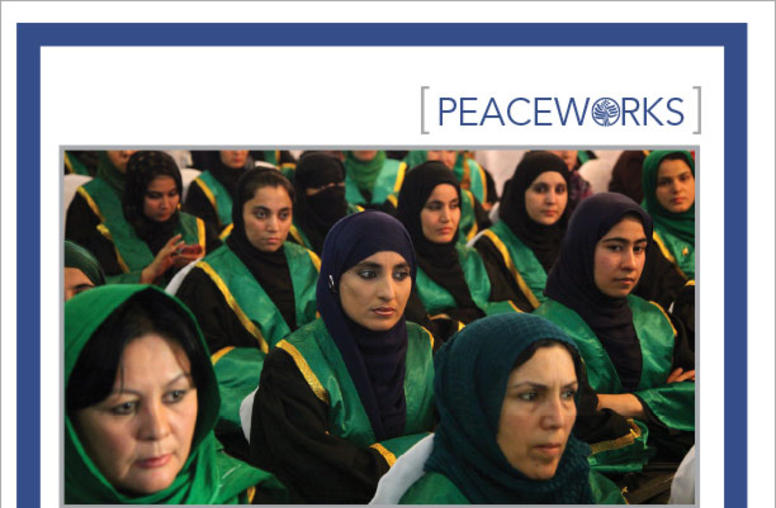Dayton Implementation: The Apprehension and Prosecution of Indicted War Criminals
On July 10, 1997, the United States Institute of Peace hosted the fourth and final meeting of its Working Group on Dayton Implementation. The Institute organized these meetings to support peace implementation in the Federation and Republika Srpska (RS). Participants at the July 10 meeting discussed the issue of war crimes, focusing not only on arrests, but also on identifying ways to strengthen and reinforce the work of the International War Crimes Tribunal for Yugoslavia (ICTY) so that prosecutions are swift and judicious.
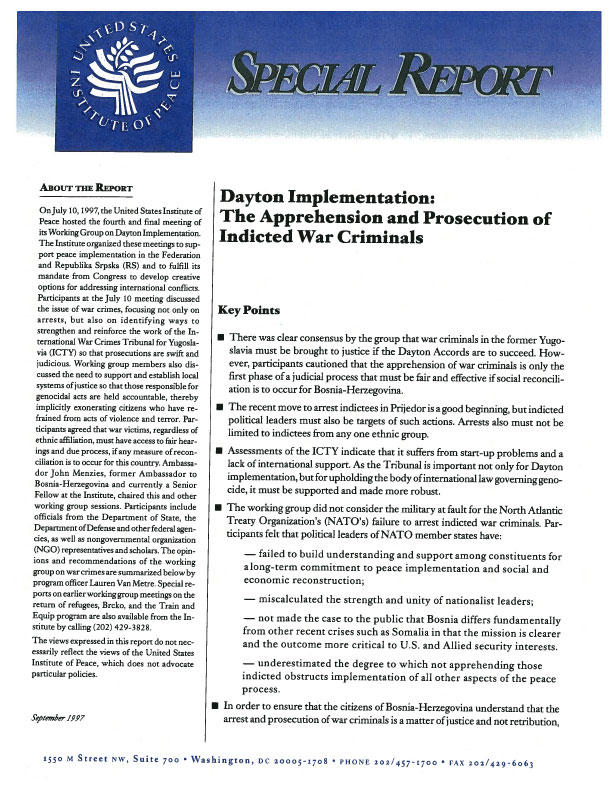
About This Report
On July 10, 1997, the United States Institute of Peace hosted the fourth and final meeting of its Working Group on Dayton Implementation. The Institute organized these meetings to support peace implementation in the Federation and Republika Srpska (RS) and to fulfill its mandate from Congress to develop creative options for addressing international conflicts. Participants at the July 10 meeting discussed the issue of war crimes, focusing not only on arrests, but also on identifying ways to strengthen and reinforce the work of the International War Crimes Tribunal for Yugoslavia (ICTY) so that prosecutions are swift and judicious. Working group members also discussed the need to support and establish local systems of justice so that those responsible for genocidal acts are held accountable, thereby implicitly exonerating citizens who have refrained from acts of violence and terror. Participants agreed that war victims, regardless of ethnic affiliation, must have access to fair hearings and due process, if any measure of reconciliation is to occur for this country. Ambassador John Menzies, former Ambassador to Bosnia-Herzegovina and currently a Senior Fellow at the Institute, chaired this and other working group sessions. Participants include officials from the Department of State, the Department of Defense and other federal agencies, as well as nongovernmental organization (NGO) representatives and scholars. The opinions and recommendations of the working group on war crimes were summarized by program officer Lauren Van Metre.
The views expressed in this report do not necessarily reflect those of the United States Institute of Peace, which does not advocate specific policies.
